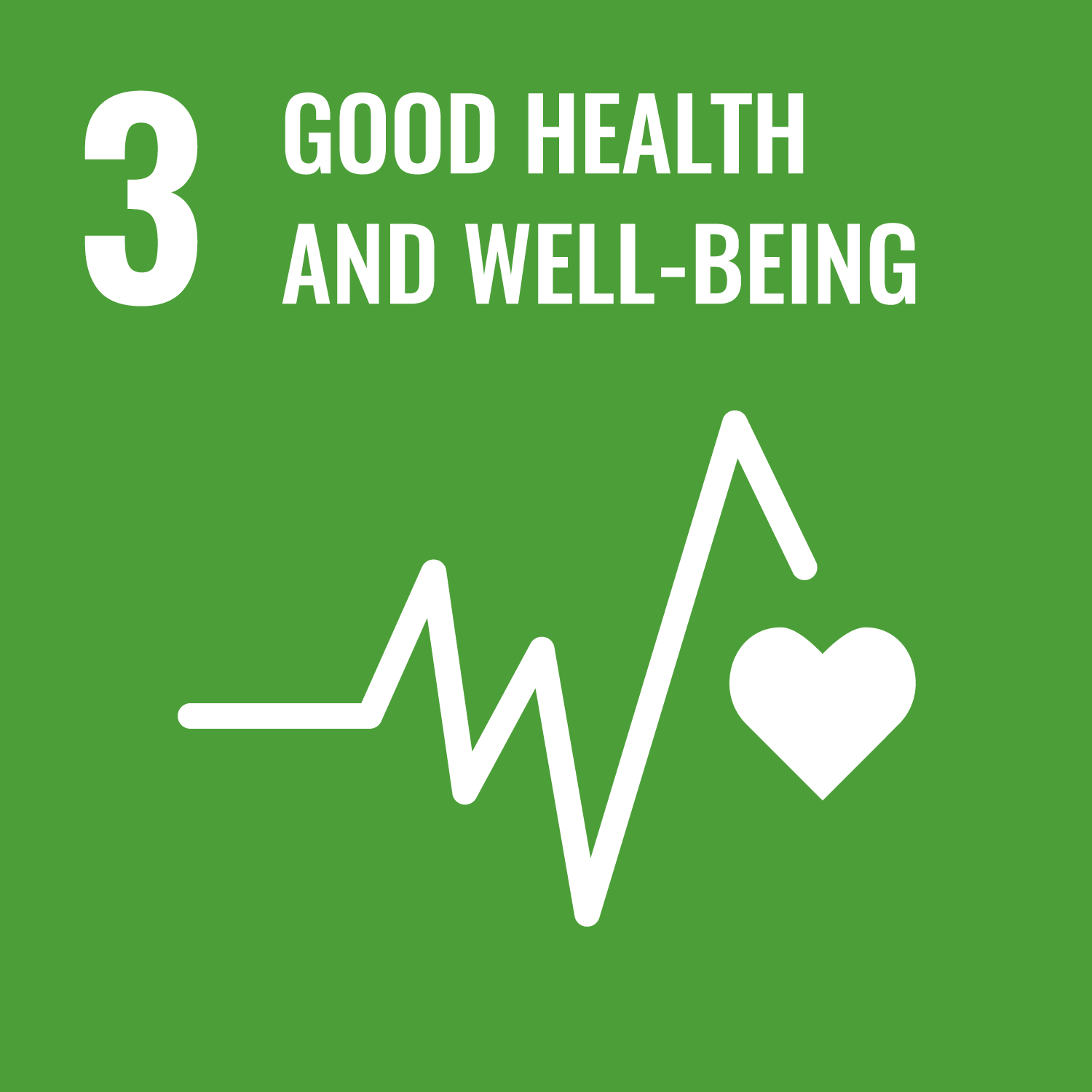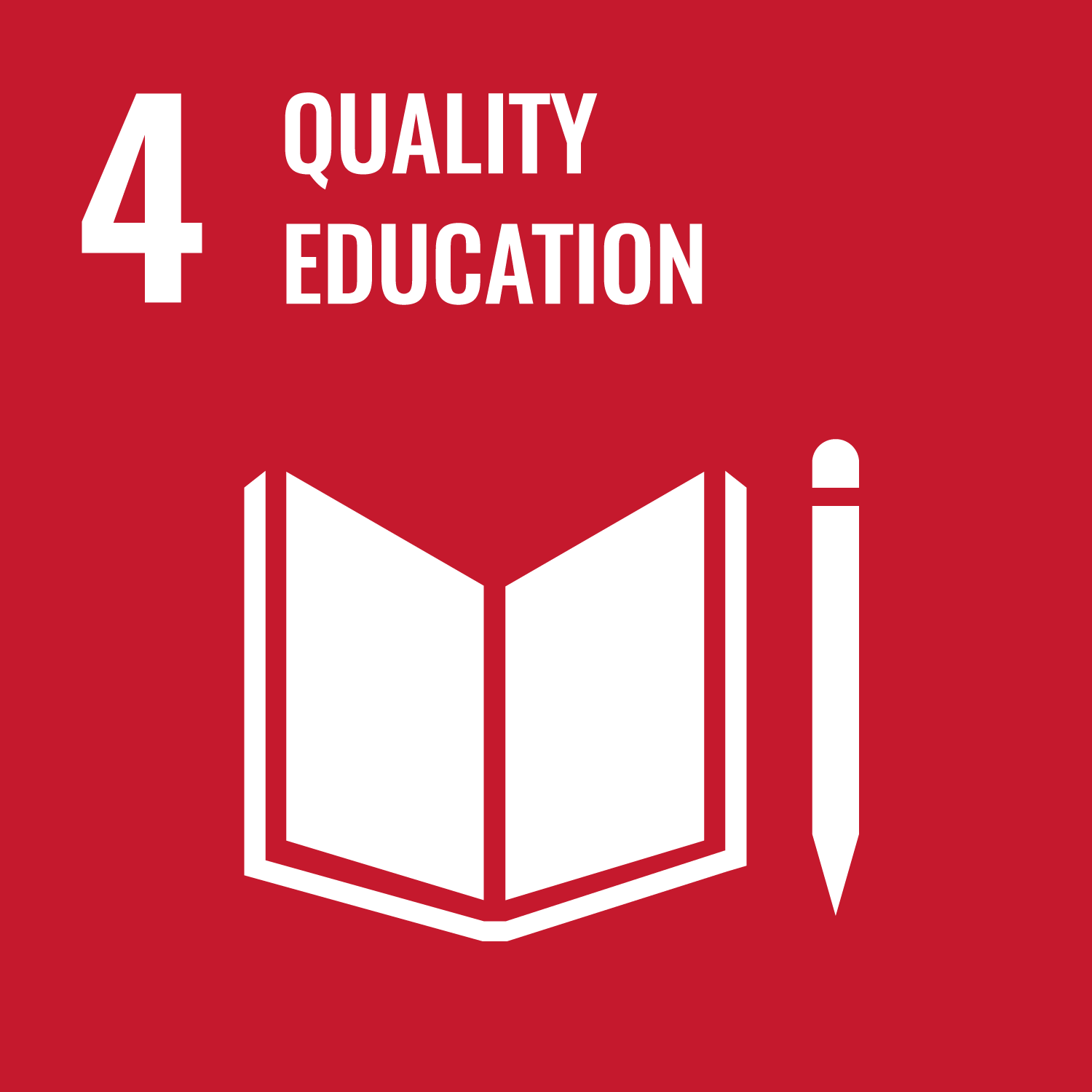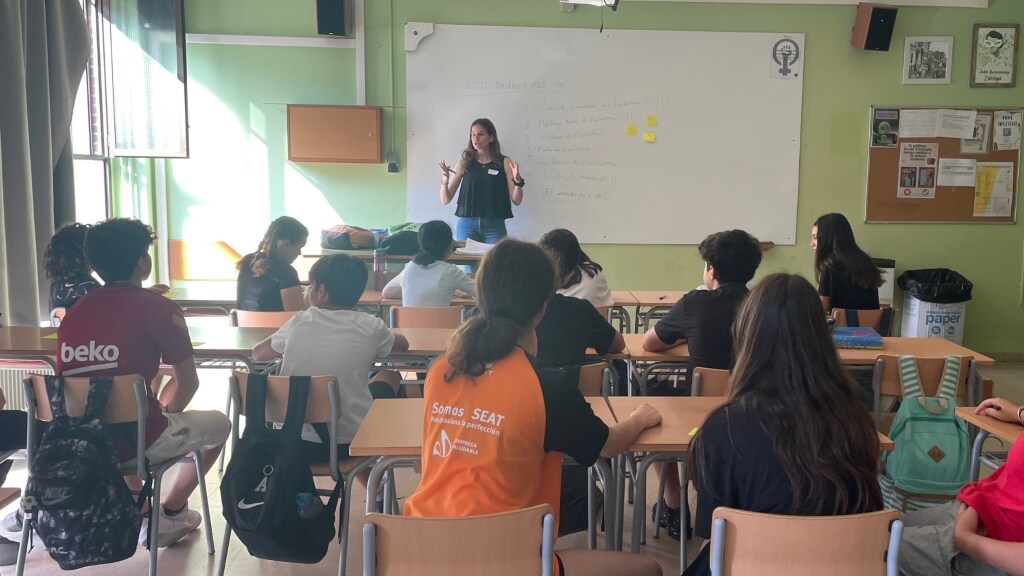An international research project creates a board game to raise young people's awareness of online violence
The European RESCCUE project held its closing eventThe initiative aims to raise young people's awareness of violence in digital media

Detecting and preventing online and domestic violence against children and adolescents – these were the primary objectives of the European Recover Spaces for Traumatized Children in Community Settings (RESCCUE) project, coordinated by Barcelona's Sant Joan de Déu Children's Hospital and involving the Universitat Oberta de Catalunya (UOC), Cornellà de Llobregat Municipal Council and Rome's Bambino Gesù Paediatric Hospital, which concluded with a meeting on 29 May.
The project, involving organizations in Catalonia and Italy, aimed to counter online violence and create safe spaces for children and adolescents. Its community-based and multidisciplinary approach sought to offer a comprehensive response to the effects of trauma experienced by children and young people. It combined training actions, awareness-raising activities and interventions aimed at young people, families and professionals in the educational, healthcare and social fields.
“RESCCUE's strategy is based on the idea that the starting point for the prevention of child violence must be in young people's everyday lives: in schools, homes, and the community, in the places where they hang out”
The UOC contributed its expertise in digital education and data protection, with a particular focus on the theory and practice related to safe spaces in the classroom. With RESCCUE, "the youngsters became aware of their mobile phone use, what online violence is and how they can prevent and report it," explained Teresa Romeu, a member of the Education and ICT research group (edul@b) in the UOC's Education and E-learning Research Unit, and member of the Faculty of Psychology and Education Sciences. "We worked on images of online violence, shared examples they knew about and identified the roles involved," she said.
A board game instead of screentime
As part of the project, "we designed a board game to raise awareness among teenagers. We co-created it with them, and they decided on that format to avoid using screens, like their mobile phones," said Professor Montse Guitert, the coordinator of edul@b. The Print & Play educational game, which was presented during the final meeting, was designed as a participatory and reflective tool which encourages adolescents and adults to talk about possible risks in family settings and online, and fosters empathy, cooperation and awareness. The game is available for download free of charge.
The UOC researchers presented the game with psychologist Adrià Ruiz, and discussed the need to create safe spaces in schools, where students can identify and discuss situations involving risk online.
This resource forms part of a collection of awareness-raising guides and materials which can be used by schools, social services and mental health organizations.
A community model for preventing online violence
RESCCUE's strategy is based on the idea that the starting point for the prevention of child violence must be in young people's everyday lives: in schools, homes, and the community, in the places where they hang out. This means not only identifying and countering the problems, but also creating ties, nurturing relationships and training all the parties involved.
In Cornellà de Llobregat, the project has been rolled out during the Safe Spaces series, in partnership with the Children and Young People's Mental Health Centre, at five secondary schools (Esteve Terradas, Joan Miró, M. Aurèlia Capmany, Neus Català and Miquel Martí i Pol) and in other parts of the town. The results include:
- A total of 87 workshops held in five public secondary schools in the town, covering topics including self-esteem, emotional reconnection and online violence, involving almost 2,000 students.
- Workshops for 168 education professionals, focusing on care and the creation of affective ties with students.
- A total of 16 work sessions with six groups of relatives, with 72 participants involved in single sessions and 49 on an ongoing basis.
- A clinical intervention with 10 high-risk patients at the Children and Young People's Mental Health Centre.
At an international level, the project has been tested in Italy, with the participation of two secondary schools, with 26 workshops involving 180 students and 28 teachers, eight sessions with 20 families, and 34 high-risk patients.
A network of professionals in Barcelona and Rome
Around a hundred professionals participated in the closing event at Cornellà castle. Alongside the presentation by the UOC, Noemí Pereda, from the University of Barcelona, presented a study on domestic violence from the perspective of adolescents. The project's coordinator, Mar Álvarez, a psychiatrist working with children and adolescents at Sant Joan de Déu Children's Hospital, highlighted the importance of affective ties as a protective factor. Professionals from the Bambino Gesù Paediatric Hospital, who discussed the pilot experience in Italian schools, also took part in the event.
The meeting was attended by Joana Piñero, deputy mayor for Social Policies of Cornellà Municipal Council; Emilia Briones, deputy mayor for the Presidency and Security; and Montse Dolz, head of the Psychiatry Service at the Sant Joan de Déu Children's Hospital.
The event ended with words from Fernando Lacasa, the former director of the Community Mental Health Area of the Sant Joan de Déu Children's Hospital, who underlined the value of networking and stressed that these processes should continue after the project has concluded.
This project is aligned with the UOC's research missions: Lifelong Education, and Digital Health and Planetary Well-Being; and contributes to the following UN Sustainable Development Goals (SDGs): 3, Good Health and Well-being; and 4, Quality Education.
Research at the UOC
Specializing in the digital realm, the UOC's research contributes to the construction of future society and the transformations required to tackle global challenges.
Over 500 researchers and more than 50 research groups make up five research units, each with a mission: Culture for a critical society, Lifelong education, Digital health and planetary well-being, Ethical and human-centred technology and Digital transition and sustainability.
The university's Hubbik platform fosters the development of UOC community knowledge transfer and entrepreneurship initiatives.
The goals of the United Nations 2030 Agenda for Sustainable Development and open knowledge are strategic pillars that underpin the UOC's teaching, research and knowledge transfer activities. For more information, visit research.uoc.edu.
Experts UOC
Press contact
-
Editorial department



